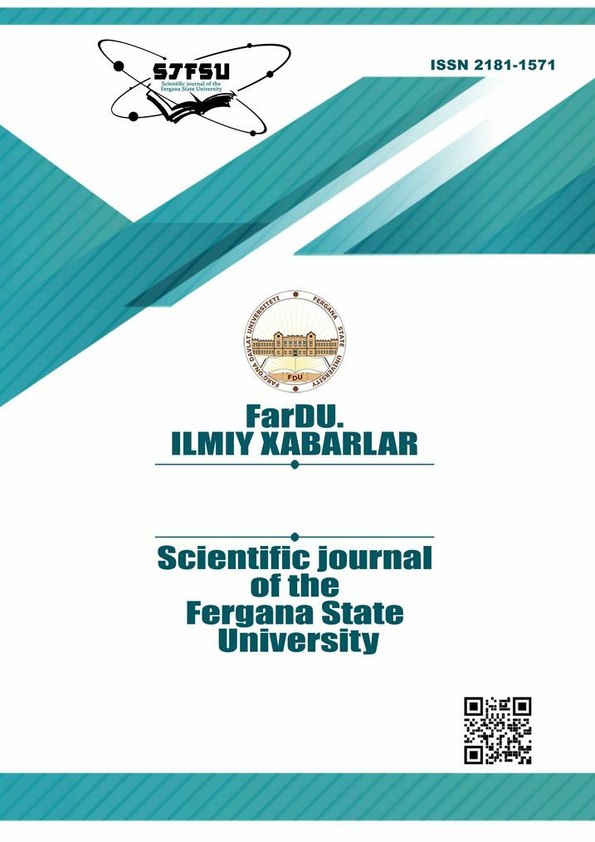FOREIGN LEXEMES ON SOCIAL MEDIA IN COMMENTS TIKTOK PLATFORM
Keywords:
neologism, slang, comments TikTok, social media, vocabulary, comments, mass media.Abstract
This article examinesnew neologism in social media which based on vocabulary of TikTok comments and translate its meanings in three languages. The purpose of the scientific article is to examine the English language's neologism in comparison to Uzbek and Russian and how it is used among the youngsters, especially generation Z. The article describes those interferences between languages while translating these words to related and non-related family languages.
References
Generation Z". OxfordDictionaries.com. Retrieved August 17, 2019.
"Generation Z". Oxford Learner's Dictionaries. March 8, 2021. Retrieved March 8, 2021.
"Definition of Generation Z". Merriam-Webster. Retrieved March 18, 2019.
Paradis, Johanne; Genesee, Fred (1996). "Syntactic acquisition in bilingual children: Autonomous or Interdependent?". Studies in Second Language Acquisition. 18 (1): 1–25. doi:10.1017/S0272263100014662. ISSN 0272-2631. JSTOR 44487857
Dumas, Bethany K.; Lighter, Jonathan (1978). "Is Slang a Word for Linguists?". American Speech. 53 (5): 14–15. doi:10.2307/455336. JSTOR 455336.
Yusupov U.K. Contrastive linguistics of the English and Uzbek languages. Tashkent, 2013.
Ярцева В.Н. Контрастивная лингвистика-. М., 1981.
Буранов Дж. Сравнительная типология английского языка и тюркских языков. -М.: Высшая школа, 1983.
Юсупов У.К. Теоретические основы сопоставительной лингвистики. – Ташкент: Фан, 2007.
Большая российская энциклопедия: [в 35 т.] / гл. ред. Ю. С. Осипов. — М.: Большая российская энциклопедия, 2004—2017.
INTERNET RESOURCES:
https://www.lingobest.com/free-online-english-course/english-tiktok-slang-words-explained/
Downloads
Published
Issue
Section
License

This work is licensed under a Creative Commons Attribution-NonCommercial-NoDerivatives 4.0 International License.

